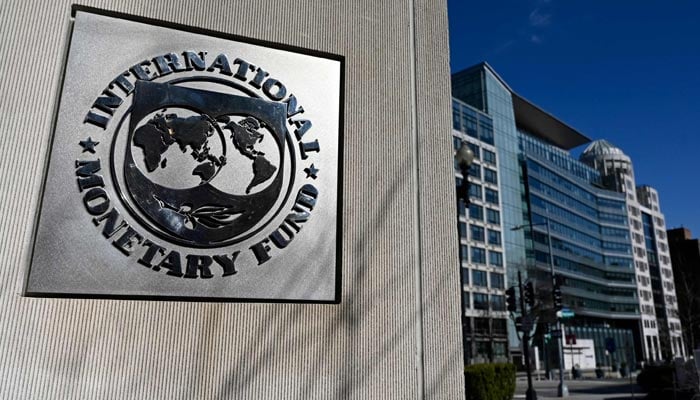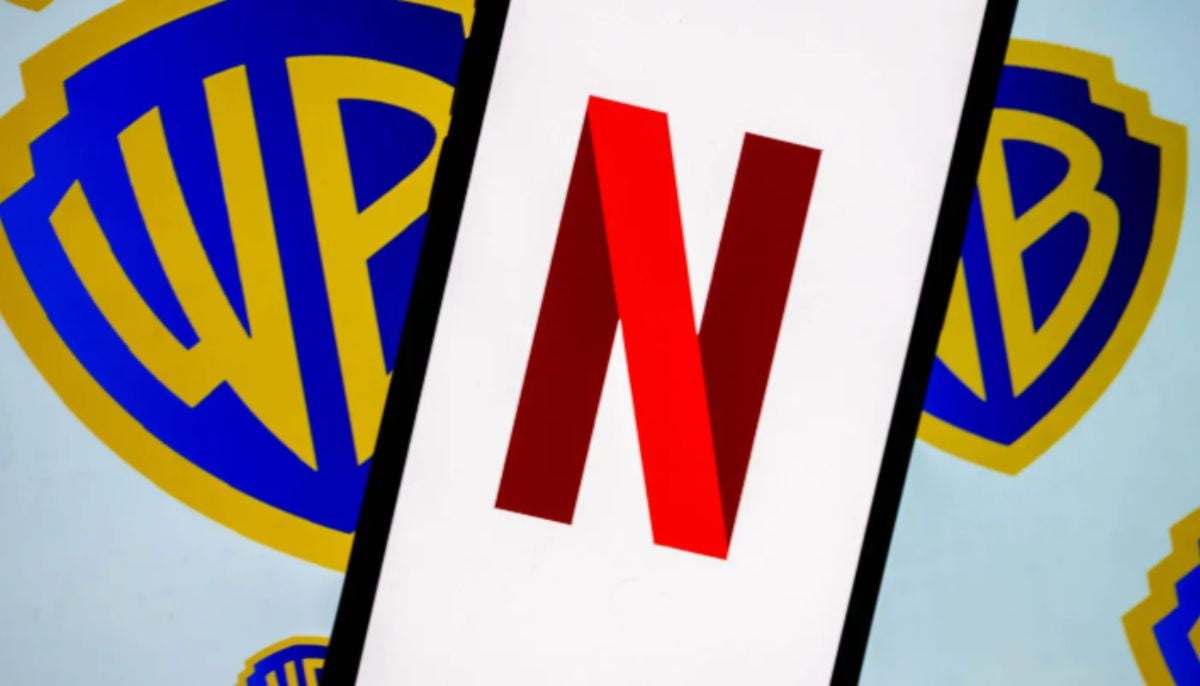IMF calls on Pakistan to secure ‘significantly more financing’ for completing programme
Pakistan’s economy is facing stagflation, says IMF spokeswoman Julie Kozack
The International Monetary Fund (IMF) said on Thursday that crises-gripped Pakistan needs significant additional financing for the completion of the long-stalled ninth review of the bailout programme, Reuters reported.
The IMF said it is essential for Pakistan to secure commitments of "significant additional financing" before the lender’s board approves the release of the pending funds crucial for the government to address the acute balance of payments crisis.
Since November last year, the staff-level agreement for the release of $1.1 billion tranche — out of a $6.5 billion IMF package — has been delayed due to multiple reasons, which is the longest hiatus since at least 2008.
IMF spokeswoman Julie Kozack, during a scheduled press conference, welcomed financing committed by Pakistan's external partners.
The United Arab Emirates, Saudi Arabia and China came to Pakistan's assistance in March and April with pledges that would cover some of the funding deficit.
The State Bank of Pakistan’s (SBP) foreign exchange reserves continued their downward trend and fell to $4.38 billion in the week ending May 5, central bank data showed Thursday.
"Our team is very heavily engaged of course with the Pakistani authorities, because Pakistan indeed faces a very challenging situation," said Kozack.
Pakistan’s economy is facing stagflation, has very large financing needs, and has also been affected by a series of shocks including severe floods, she said.
Pakistan has committed not to implement a cross-subsidy programme, an IMF spokesperson told Bloomberg News. The government also will not introduce new tax exemptions and will “durably allow” a market-based exchange rate for the rupee currency, the IMF told Bloomberg on Thursday.
In March, Prime Minister Shehbaz Sharif proposed charging affluent consumers more for fuel, with the money raised used to subsidise prices for the poor who have been hit hard by inflation. The proposed scheme was seen as one of the reasons for the delay in implementing the IMF bailout.
-
Bitwise Crypto Industry innovators ETF: What investors should do in 2026?
-
Nintendo shares slide again as momentum fears grow
-
Gold, silver prices fallen sharply; What’s driving the drop?
-
Gold’s record climb: Experts question if its safety is ‘overstated’
-
Dubai unveils plans to construct street built with real gold
-
Netflix slams Paramount’s bid: 'Doesn't pass sniff test’ as Warner battle escalates
-
Ubisoft: Shares plunge amid restructuring plan and wave of games cancellations
-
Netflix revises Warner Bros. deal to $83 billion: All-cash offer












